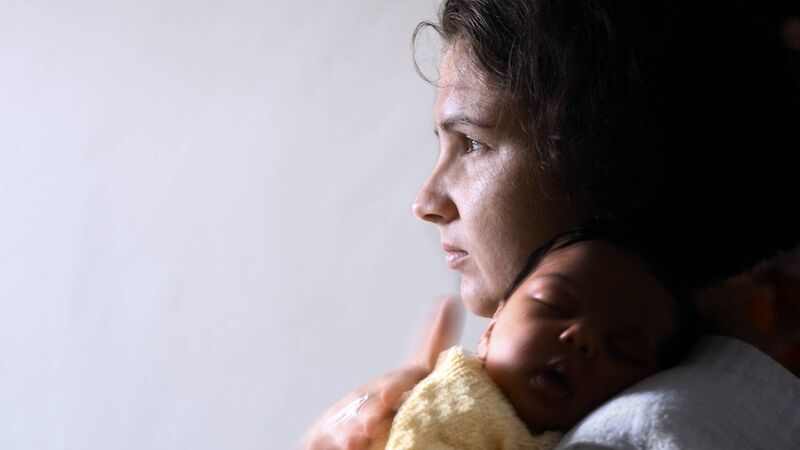Almost 20% of women experience trauma giving birth

Factors associated with a traumatic birth experience included depression, induction of labour, combined ventouse/forceps birth, and postpartum haemorrhage.
Almost 20% of women experience trauma during birth, according to research carried out at a Dublin maternity hospital.
Details of the study, which included 1,154 women who gave birth at the hospital, were revealed by midwife and researcher Ursula Nagle at the All-Ireland Maternity and Midwifery Festival 2023.










